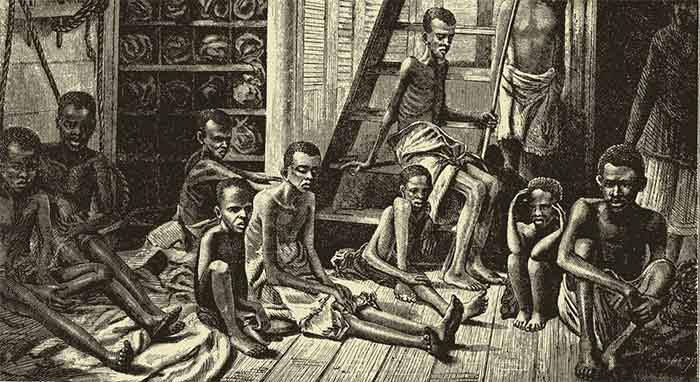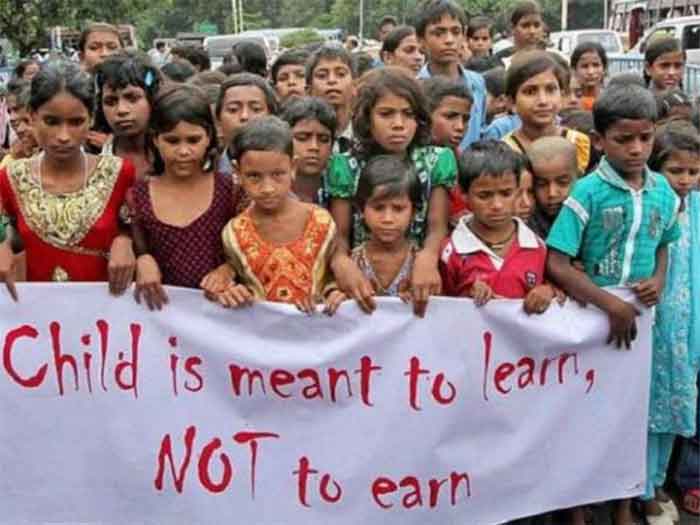
More than 40 million people worldwide are victims of modern slavery, according to the International Labor Organization (ILO). In addition, more than 150 million children are subject to child labor, accounting for almost one in ten children around the world.
“Modern slavery is used as an umbrella term covering practices such as forced labor, debt bondage, forced marriage, and human trafficking. Essentially, it refers to situations of exploitation that a person cannot refuse or leave because of threats, violence, coercion, deception, or abuse of power,” the ILO states on its website.
To raise awareness, the U.N. commemorates Dec. 2nd as the International Day for the Abolition of Slavery. December 2nd marks the date of the adoption, by the General Assembly, of the United Nations Convention for the Suppression of the Traffic in Persons and of the Exploitation of the Prostitution of Others of December 2, 1949).
The focus of this day is on eradicating contemporary forms of slavery, such as trafficking in persons, sexual exploitation, the worst forms of child labor, forced marriage, and the forced recruitment of children for use in armed conflict.
The ILO further states that private economies earn $150 billion in illegal profits every year out of slavery. Additionally, 150 million children are subjected to child labor – almost one in 10 children around the world. One million children are trafficked each year for cheap labor or sexual exploitation, the report said.
Slavery has evolved and manifested itself in different ways throughout history. Today some traditional forms of slavery still persist in their earlier forms, while others have been transformed into new ones. The UN human rights bodies have documented the persistence of old forms of slavery that are embedded in traditional beliefs and customs. These forms of slavery are the result of long-standing discrimination against the most vulnerable groups in societies, such as those regarded as being of low caste (Hindus), tribal minorities and indigenous peoples.
Alongside traditional forms of forced labor, such as bonded labor and debt bondage there now exist more contemporary forms of forced labor, such as migrant workers, who have been trafficked for economic exploitation of every kind in the world economy: work in domestic servitude, the construction industry, the food and garment industry, the agricultural sector and in forced prostitution.
Article 4 of the Universal Declaration of Human Rights, an international document adopted by the U.N. General Assembly on Dec. 10, 1948, prohibits slavery. The document, which enshrines the rights and freedoms of all human beings, states that “no one shall be held in slavery or servitude; slavery and the slave trade shall be prohibited in all their forms.”
Some countries have slowed down or slipped backward in their efforts by reducing the number of victims identified, decreasing anti-slavery funding or cutting back on support systems, the report mentioned. While an estimated 16 million people are trapped in forced labor, only 40 countries have investigated public or business supply chains to look at such exploitation, the report implied. In nearly 100 countries, forced labor is not considered a crime or is a minor offense, it said.
Ending modern slavery by 2030 was one of the global goals adopted unanimously by members of the U.N. five years ago. But at today’s rate, achieving that goal is “impossible,” the report said. It would require freeing some 10,000 people each day for the next decade, it said.
Abdus Sattar Ghazali is the Chief Editor of the Journal of America (www.journalofamerica.net) email: asghazali2011 (@) gmail.com
SIGN UP FOR COUNTERCURRENTS DAILY NEWSLETTER
















































